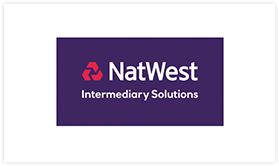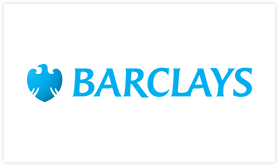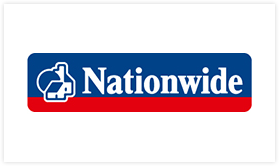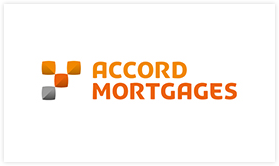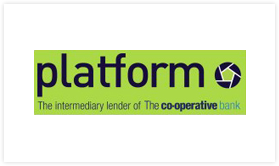Self- Employed Mortgages
Technically, there is no such thing as a “self-employed mortgage”? Instead, you can apply for a regular mortgage but because you are self-employed, you will have more hoops to jump through in order to get approved for a mortgage.
Whilst there are a lot of benefits to being self-employed, it can be frustrating when trying to find the right mortgage. The good news, though, is that with the right help, you can get a mortgage in your self-employed circumstances, even if it is a little trickier to secure.
What You Will Need to Get a Mortgage
Self-employed workers, be it as a sole trader or limited company director, have to be able to prove their income to a mortgage lender. Usually, a lender will request that you show a minimum of two years of accounts or tax returns, and the more years you have to show for yourself, the better.
The paperwork you will need include:
- Two years’ accounts
- An accountant – someone to back up your working history
- A track record of regular work – no large employment gaps
- A healthy deposit – the more the better
- A good credit score
Lenders make their lending decisions based on the information that you provide. They will base their decision on your net profit average over the past few years which is why it’s important to have an accountant. The accountant must be either certified or chartered, so make sure that yours is so that you won’t run into any roadblocks.
Before you approach a lender, ensure that your accounts are up to date. Lenders won’t be impressed if the figures aren’t in date, and if you have less than two years of accounts, you may still be in luck.
Some lenders are happy to see less than two years of accounts, especially if you have an excellent track record of work. If you already have a mortgage, your existing lender may be able to help, as they know your payment history, too. Your lender has a history with you and they know your capabilities to meet your repayments.
You will still need a deposit if you want a mortgage as a self-employed individual, and the bigger your deposit the better off you will be.
The Dos and Don’ts of Self-Employed Mortgages
There are plenty of things that you can do to improve your chances of getting a mortgage, and these include:
- Keeping up to date with your accounts and records
- Hiring an accountant who is certified to sort your tax returns and accounts
- Discuss your needs with a specialist self-employed mortgage broker
There are also things that you should avoid doing, including:
- Minimising your income for tax reasons as it’ll affect your mortgage application.
- Assume it is impossible to get a mortgage. With the right help, it’s not!




